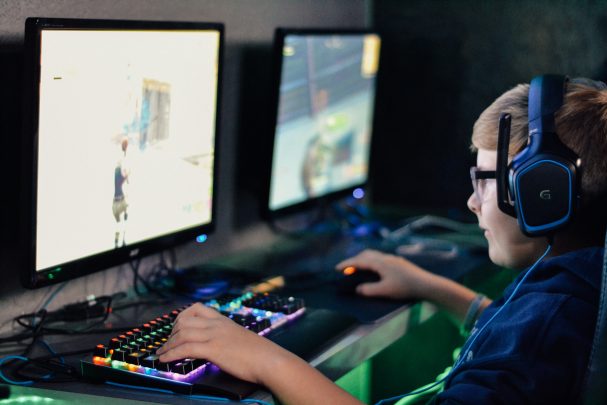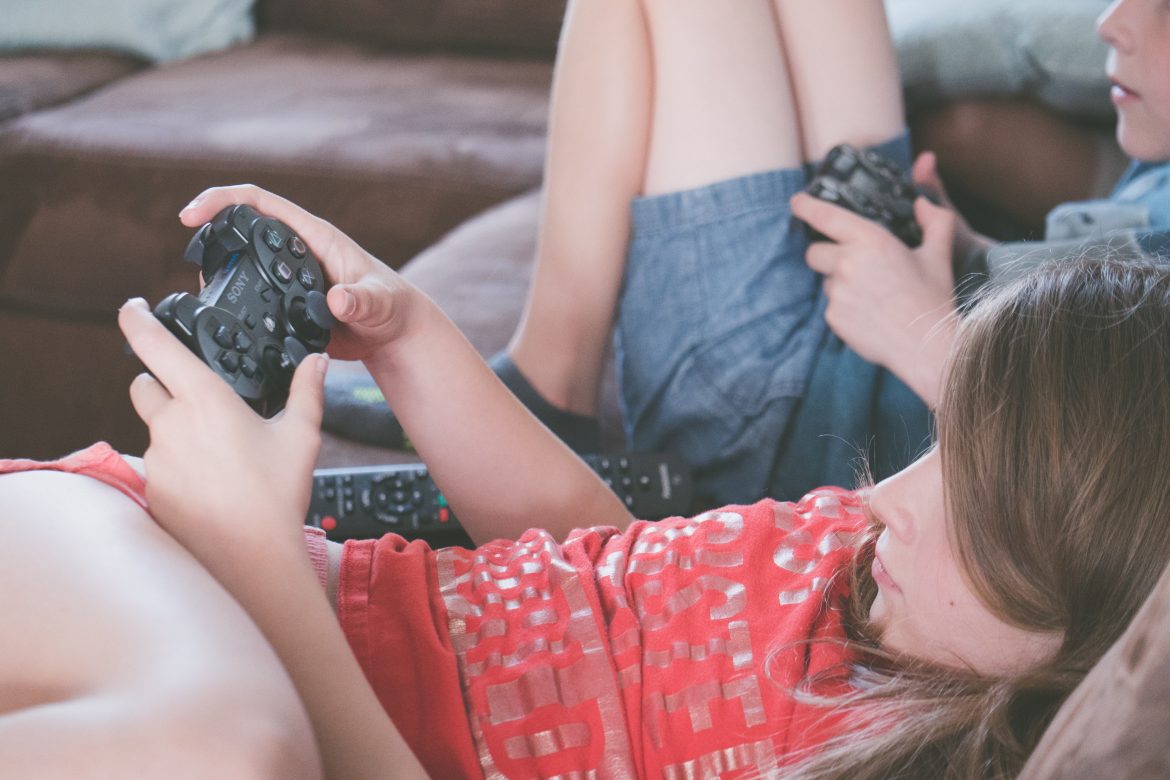All parents have that fear that if their kids are gaming too much they will become anti-social or will eventually just never leave the house in exchange for a fantasy world on a screen.
However, this is a slightly outdated way of thinking, as research continues to give the nod to benefits of the child gamer, as shared by FYI Play it Safe.

Unsplashed
Gaming has been around long enough for there to be a substantial body of research that points to a bunch of benefits and debunks many of the common myths about the negative impacts on children.
As with anything in life, gaming is all about balance and how you manage this possible form of skills-building entertainment. Age-appropriate gaming for children can also be a way of making social connections rather than fostering isolation. Parents setting and enforcing sensible ground rules for safe, family-centred gaming can ensure that their child can get the best out of it!
Here are some of the important benefits of gaming:
Social inclusivity
The gaming world is undeniably social. It is estimated that there are more than 3.2 billion gamers in the world. Multi-player games are amongst some of the most popular, and it’s actually a way for kids to stay connected just as any people with shared hobbies are.
The feel-good factor
Gaming is obviously fun, and it can enable the release of endorphins as well as promote physical and mental relaxation. The key here is gaming in moderation and explaining why this is important as well as showing your child the world of other off-screen activites that they might come to love just as much.
Digital literacy
Our kids are growing up in a world with a significant and ever-expanding digital realm. It’s likely will make their living one day in an even more digital-driven world than we could even imagine. Digital literacy is an imperative skill to have in the current age, and if your child is into gaming, chances are they might just be into other aspects of the digital space, graphic design, software development or coding.
Now, these benefits of gaming are not to say that there are not real risks. One of most common parental fears is that gaming can certainly open the virtual doors to your child being exposed to cyberbullying and online predators. If your child does game then you do need to ensure that you are aware of who your child is engaging with, and that they understand the difference between the actual person and the avatar representing them. Parents also need to set limits and ensure their child is gaming in moderation. Warning signs for when gaming might have too much of a hold on them, are social withdrawal, secretive behaviour and mood swings when they have to stop gaming and transition to other activities.
The question for parents of a child who wants to start gaming isn’t should I or shouldn’t I let my kid play video games, but rather, how can I enable safe and responsible gaming so that they can experience the benefits?
It’s important that the games you provide or allow are age-appropriate; that the screen time limits are adhered to, that gaming doesn’t lead to sleep deprivation or skipped meals, and that you have safety measures in place if your child is playing multi-player games and interacting in chatrooms.
For more information, visit www.fyiplayitsafe.com.

